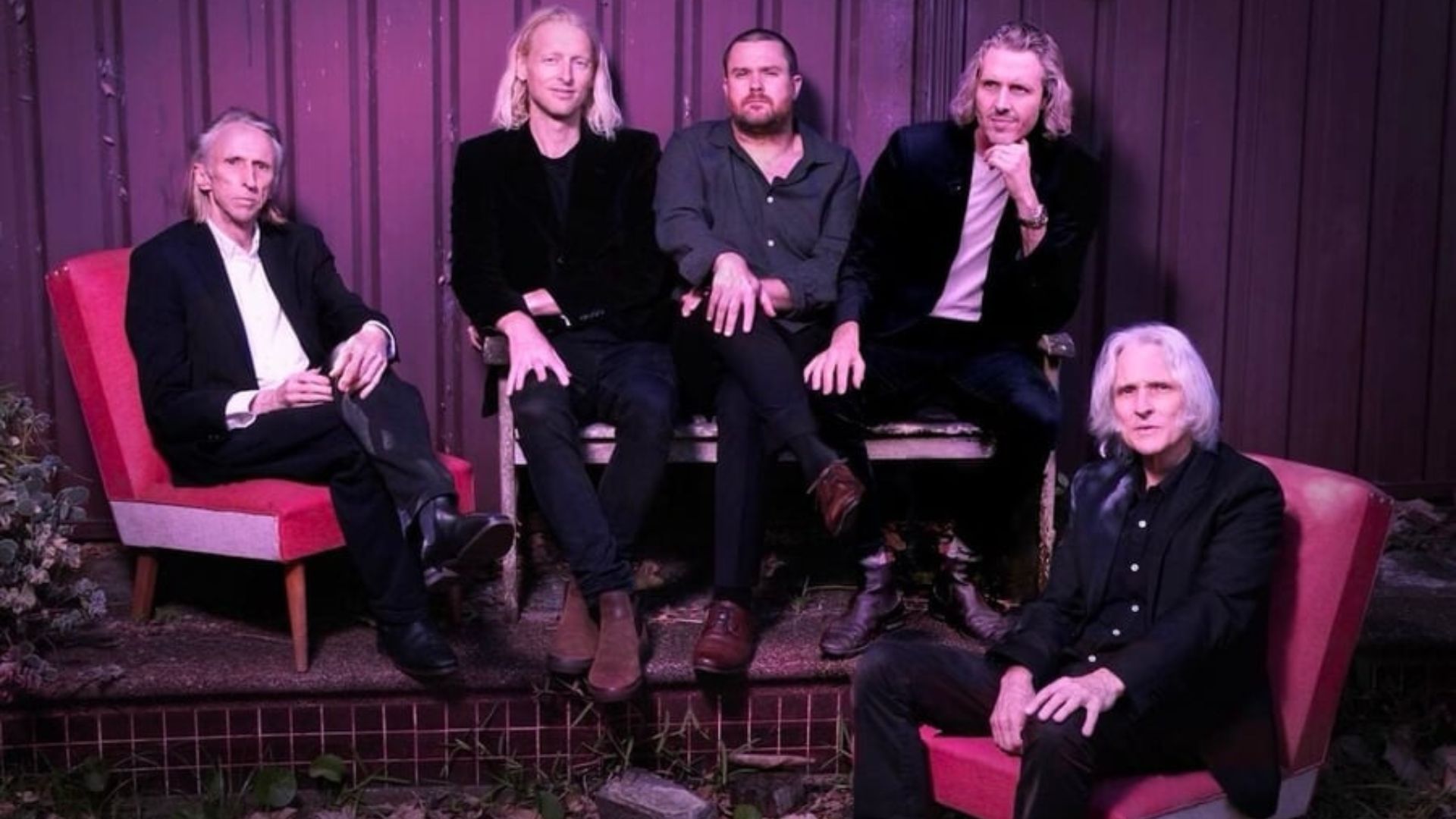Jamie Muir was never built for the traditional rock star life. The King Crimson percussionist, whose freeform approach to music was as unpredictable as his career path, has died at 82.
Muir’s time in King Crimson was brief but unforgettable. Joining the band in 1972, he played a crucial role in shaping Larks’ Tongues in Aspic. This was an album that shattered any expectations of what progressive rock could be. He didn’t just play percussion—he attacked it, incorporating chains, sheets of metal, and even theatrical blood into his performances. One night, he climbed a PA stack in a wolf fur jacket, blood running from his mouth, before hurling chains at his drum kit. The spectacle was part of the music, and no one had ever seen anything like it.
But just as suddenly as he arrived, he was gone. Days after Larks’ Tongues in Aspic was released in 1973, Muir walked away from King Crimson and rock music entirely. He moved to a monastery in Scotland, dedicating himself to Buddhism and leaving behind a band on the brink of a new era.
Robert Fripp, King Crimson’s frontman, paid tribute to Muir, calling him “a wonderful and mysterious person” and one of the most influential figures he ever worked with. Bruford echoed the sentiment, saying Muir had a “volcanic effect” on him in their short time together. “I consider it a privilege to have known a man of such quiet power,” he wrote.
Muir returned to music briefly in the ‘80s. He collaborated with experimental musicians Derek Bailey and Evan Parker. Despite this, he ultimately withdrew from the industry in 1990, devoting himself to painting instead.
He was never interested in fame or fitting into any mould. His music, like his life, was about chaos, improvisation, and raw expression.








